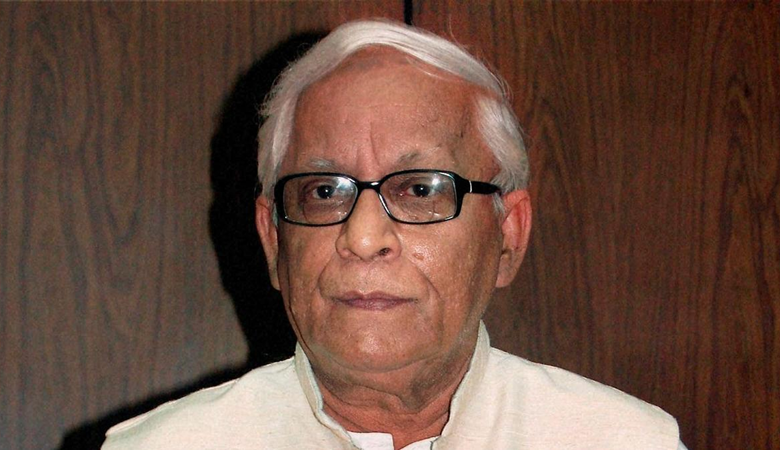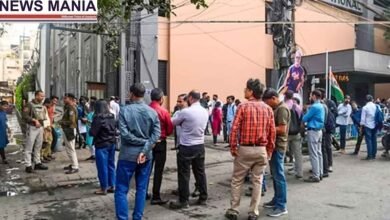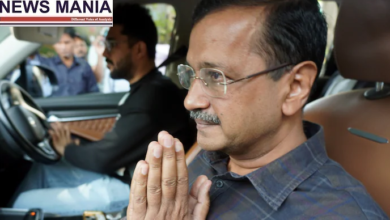Buddhadeb Bhattacharjee, Former West Bengal Chief Minister, Passes Away at 80

News Mania Desk/Agnibeena Ghosh/8th August 2024
Buddhadeb Bhattacharjee, the former Chief Minister of West Bengal, passed away at the age of 80 on Thursday at his residence. Bhattacharjee had been struggling with chronic respiratory issues for several years, which had forced him to retreat from public life. He leaves behind his wife, Mira, and daughter, Suchetana.
Bhattacharjee was the last Leftist leader to serve as Chief Minister of West Bengal, having taken over the role in 2000 from his predecessor, Jyoti Basu, who had ruled the state for 23 years. A committed communist and revolutionary, Bhattacharjee was handpicked by Basu to lead the Communist Party of India (Marxist) [CPI(M)] in West Bengal, a decision that reflected the hope of continuing the party’s long-standing rule.
Despite his efforts to sustain the Left’s dominance in West Bengal, Bhattacharjee’s tenure is marked by the beginning of the decline of the Left in the state. His aggressive push for industrialization, aimed at modernizing West Bengal, backfired and ultimately contributed to the end of the CPI(M)’s 34-year reign in the state.
Bhattacharjee’s first term as Chief Minister was characterized by a series of reforms that initially seemed promising. However, his second term saw the unraveling of his political fortunes, primarily due to the backlash against his industrial policies. One of the most controversial decisions during his tenure was the attempt to bring Tata Motors to Hooghly’s Singur to build an automobile factory. This move was intended to boost the state’s economy but instead sparked widespread protests, particularly in Singur and Nandigram.
The anti-land acquisition movements in these regions, led by Mamata Banerjee, gained significant traction and ultimately led to the downfall of the Left Front government. The situation in Nandigram became especially dire on March 14, 2007, when police firing during a protest resulted in the deaths of 14 villagers. The incident drew national attention and fueled further opposition to Bhattacharjee’s government.
In the 2011 West Bengal assembly elections, Mamata Banerjee’s Trinamool Congress (TMC) decisively defeated the Left Front, ending the CPI(M)’s uninterrupted 34-year rule. The TMC won 184 seats, while the CPI(M) managed only 40. Bhattacharjee himself lost his seat in the Jadavpur constituency to TMC candidate Manish Gupta. The election marked a historic shift in West Bengal’s political landscape, with even the Congress party securing more seats than the CPI(M).
By 2015, after five decades of political service, Bhattacharjee stepped down from all key responsibilities within the party, marking the end of an era for the Left in West Bengal. His passing is not just the loss of a former chief minister but the closure of a significant chapter in the state’s political history. Despite the controversies and challenges that marked his tenure, Bhattacharjee’s impact on West Bengal’s political and social landscape remains indelible.






